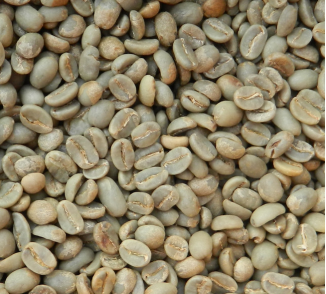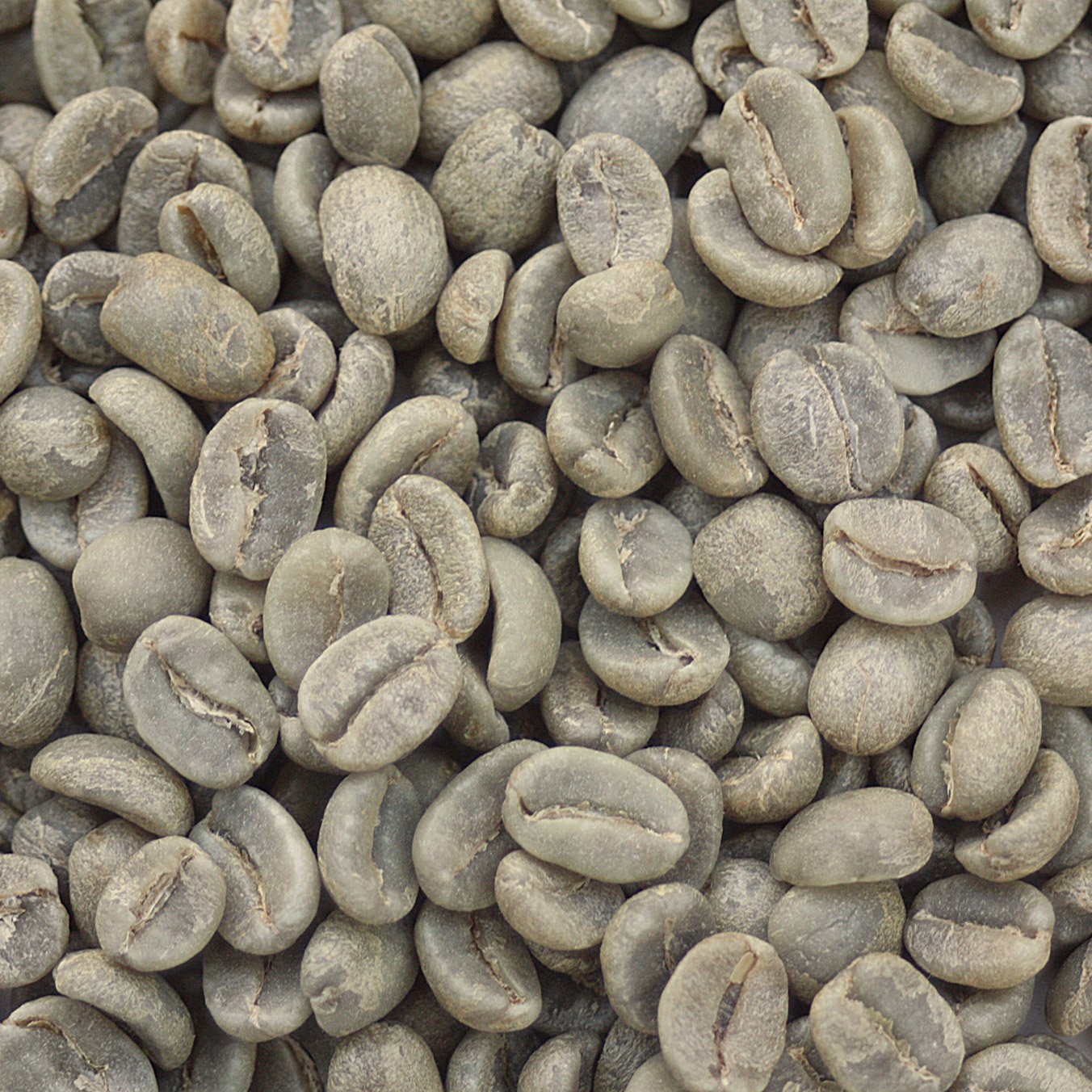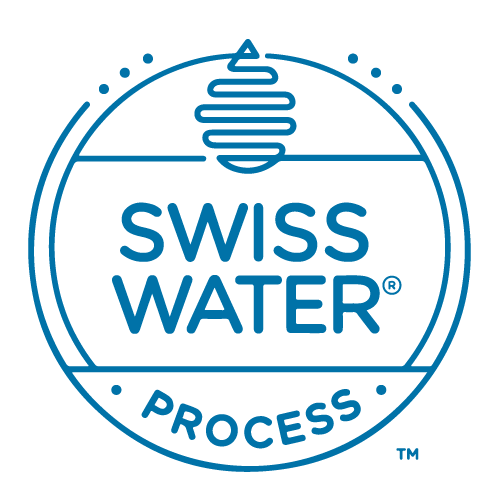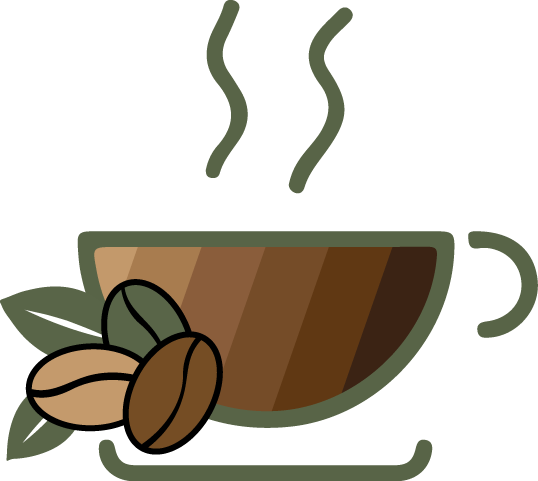State of the Bean
Why we do what we do
Our custom small batch roasting ensures that each batch of coffee is of superior quality and roasted evenly to your desired roast profile, not mass produced. This process draws out the best possible flavor in each batch. Small batch roasting permits a higher quality of standards in coffee throughout the entire roasting process... to perfection.
Some insights to help you make the best choice possible when selecting your beans. As always, if you have any questions please do not hesitate to contact us and we will be happy to guide you to your prefect cup of coffee.
Roasted
When roasted beans give off a gas (carbon dioxide) for the first 24-48hrs so they are stored in bags with a degassing valve. You will receive your beans after this process and are ready to be brewed. Fresh roasted beans are best between 3 to 14 days, though we have found the sweet spot to be 6 days. Ideally, you will want to enjoy them within the 2 weeks.
Each bag is dated so you know when your beans were roasted and when the 2-weeks are reached. Of course, your beans are still good; we just suggest this 2-week time frame for the best possible cup of coffee.
Remember, even if you liked your coffee, but think you would be happier with a lighter or darker roast, let us know. Since we roast on demand we can “customize” your roast to your own specific taste profile.
Storage
To preserve your beans' fresh roasted flavor as long as possible, store them in an opaque, air-tight container at room temperature. Coffee beans can be beautiful, but avoid clear canisters which will allow light to compromise the taste of your coffee. Keep your beans in a dark and cool location (not in the refrigerator).
Grind
We do not suggest grinding your beans until you are ready to brew them, but of course we are happy to grind them before getting them to you - just remember to select the grind option at checkout and we will take care of it for you.
About Our Beans
We only sell amazing, sustainably & ethically sourced single origin beans.
Our beans are sourced from farms who use natural processing without chemicals and fertilizers. This produces beans free from pesticides, heavy metals, and mold toxins. These beans and our small batch custom roasting ensure that our beans are of superior quality and roasted evenly to your desired roast profile, not mass produced.

Colombian Supremo
Standard Roast = City+
Colombia is the second-largest producer of coffee in the world and the largest producer of washed Arabica coffee. It's well known for the high quality of coffees available and about half of its exports come to the United States. There are three primary varieties of coffee beans grown in Colombia and each is referred to by the region it was grown in. This particular type is recognized by the word Supremo for the coffee grading term in Colombia.

Brazilian Santos
Standard Roast = Full City
About one-third of all of the world’s coffee is grown in Brazil, and much of Brazil’s premium coffee is labeled Santos after the port it is shipped through. – this is due in part to the sheer size of the country.
Many high quality espresso blends are made from these beans due to the ability of Brazilian coffees to take dark roasts without turning overly bitter. This is due in part to the mild, balance flavor of Brazilian coffee beans.

Guatemalan
Standard Roast = Full City+
Guatemala was Central America's top producer of coffee for most of the 20th and the beginning of the 21st century. The coffee industry began to develop in Guatemala in the 1850s and 1860s, initially mixing its cultivation with cochineal. Many acres of land were suitable for this cultivation, and the varieties that were produced in the temperate regions were superior. The majority of the plantations were located in the departments of Guatemala, Amatitlan, and Sacatepequez.

Sulawesi Kalossi
Standard Roast = Full City+
This is a rare coffee grown in the ancient Toraja region on the island of Sulawesi, located in Indonesia. The producers in this region have many acceptable conditions for growing coffee like volcanic soil and thick forests for shade that maintain moisture needed for the coffee plants. Small family farms grow and process their own coffee cherries and use the wet hulled process method that leaves the beans exposed while they dry on patios then they are collected and transported to a central dry mill for final preparation, sorting, and exporting. It is also known as Celebes Kalossi Coffee because it's grown on the Island of Celebes, as referred to by its old Dutch name. Many of these trees are more than 250 years old and originated before the Dutch first arrived on this island.

Decaf Dark Roast
Swiss Water Process
The Swiss Water Process uses Green Coffee Extract (GCE) for the caffeine extraction mechanism. GCE is a solution containing the water-soluble components of green coffee except for the caffeine. The process relies on the stability of the soluble components of the GCE and the gradient pressure difference between the GCE (which is caffeine lean) and the green coffee (which is caffeine-rich). This gradient pressure causes the caffeine molecules to migrate from the green coffee into the GCE.
When the GCE is once again lean of caffeine it is then used to remove additional caffeine from the green coffee. This is a continuous batch process that takes 8–10 hours to meet the final residual decaffeinated target.
